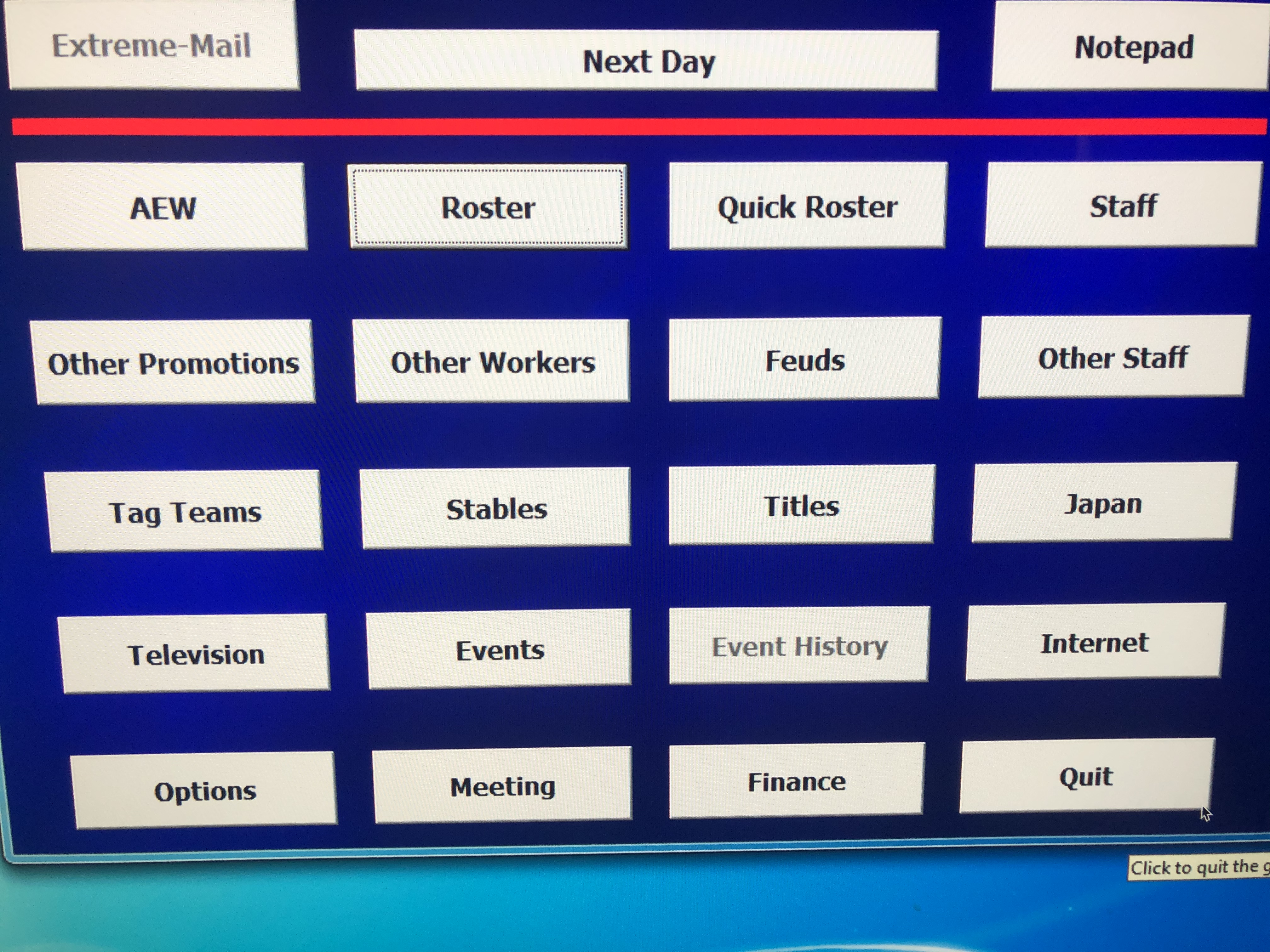


Because there was very little direct contact between Randy and Charly in the next (and last) issue of the series, the reader is never told whether Randy and Charly ever resolved their differences. One would think that the fact that Randy and Charly had saved each other's lives more than once would at least be enough to sustain a friendship, but apparently not. It's as if everything Randy and Charly shared with each other in the time since his rejection of her doesn't count for anything. She tells him that she is rejecting him the same way he rejected her, and leaves. When Randy asks if they're no longer friends because of his appearance, Charly reminds him that he did the same to her. In Issue 31, Randy confronts her about it and Charly bluntly tells him that they had been the two normal-looking ones in their old therapy group, but now that he was trapped inside his antibody, he could no longer pass for normal. But after Randy becomes trapped inside his dark antibody, Charly begins avoiding him.

Over the next dozen issues, they experience adventures together, share many happy moments, and even seem to be moving toward becoming a couple after all. A few issues later, they reconcile and become friends again. Charly is so hurt and angry that she joins a militant black faction, the Black Powers, and even adds Randy's name to a list of racists the gang intends to beat up. 7: In Issue 14, Randy tells a stunned Charly that, perhaps because of his upbringing, he can't see himself in a relationship with a black person. Another use for this is to deliberately shock the audiencea FaceHeel Turn hurts so much when the character we cheered for six seasons turns on us. Yes, the farm boy may have risen to become king and gotten the girl, but his life doesn't end there, and things can still go downhill. Cynicismnothing lasts forever, and something that seems so important may be just a passing moment. This trope can be used to set a story on the cynical end of the Sliding Scale of Idealism vs. And if a character goes through a FaceHeel Turn or Heel≯ace Turn, their earlier stories become irrelevant when we know they'll disavow it all. A hero's decisions don't seem so heroic if it turns out that they were manipulated every step of the way. It could contradict the early story's message, or it could reveal that the events we cared about never happened or weren't what they seemed. Sometimes, a Story Arc completely destroys the point of an earlier arc in the same story. Why did we have the first half of each story again? It was All for Nothing. Then it turns out the rival was The Mole all along, and every single thing Chris learned in this season was a chump's lesson.

Chris spends a whole season learning to trust his rival at the agency.


 0 kommentar(er)
0 kommentar(er)
